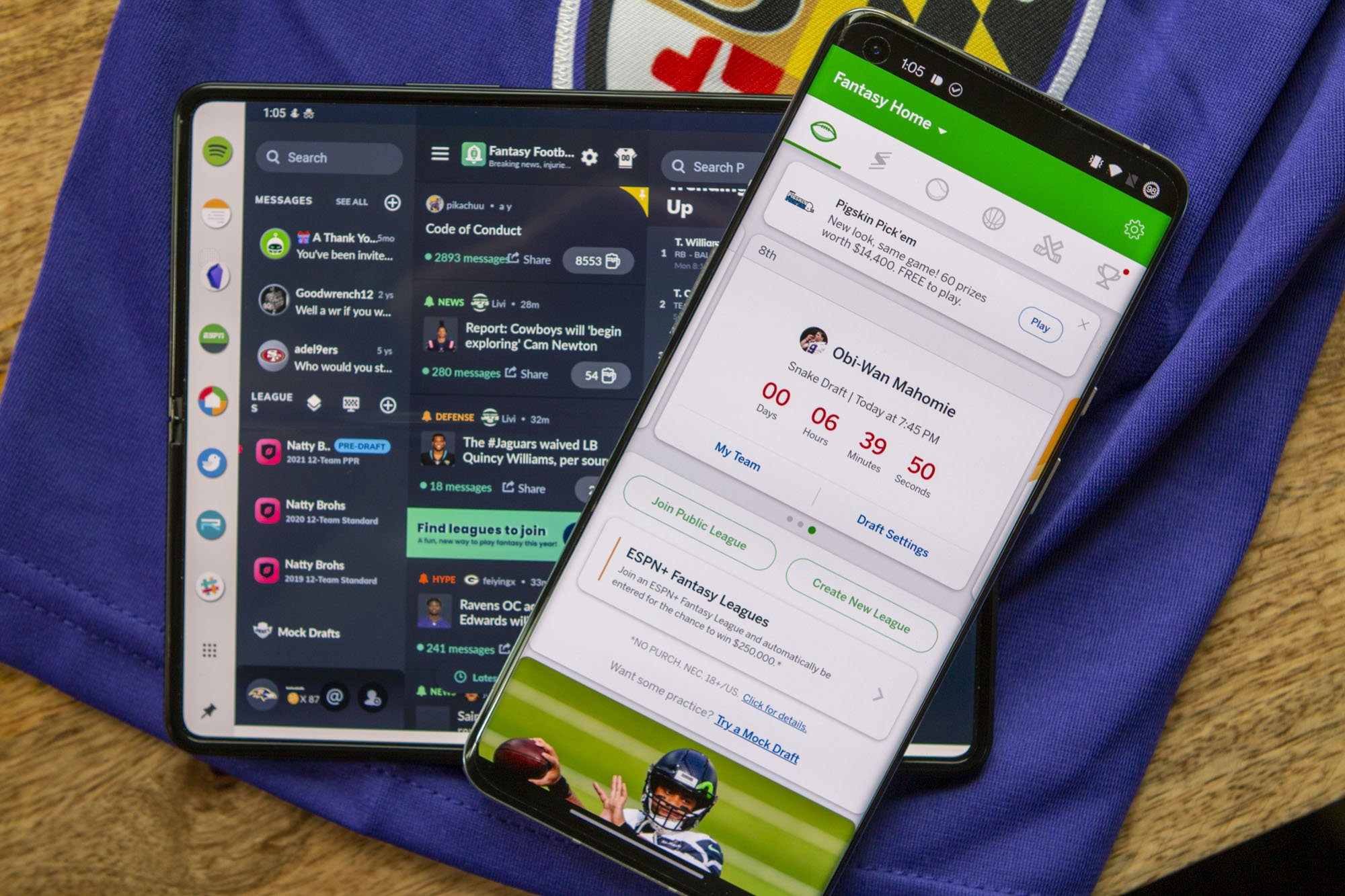Fantasy sports apps have revolutionized the way sports fans engage with their favorite teams and players. One of the key elements that make these apps exciting and competitive is the use of football APIs.
These application programming interfaces provide valuable real-time data and insights that enhance the user experience and add an element of strategy to the game. For beginners looking to dive into the world of fantasy sports apps, understanding how to utilize football APIs effectively can be the key to success.
In this guide, we will explore the basics of using football APIs to create a more dynamic and immersive fantasy sports experience.
1. Introduction to Football APIs

Football APIs have transformed the landscape of fantasy sports apps, providing users with real-time access to a wealth of data and statistics for creating and managing their teams. These APIs offer a comprehensive range of information, including player stats, injury updates, team schedules, and even live match scores.
By integrating these APIs into fantasy sports apps, developers can enhance the user experience and offer a more dynamic and engaging platform for football enthusiasts. In this beginners guide, we will explore the world of Football APIs and how they can be utilized to create innovative and immersive fantasy sports apps that cater to the needs of football fans worldwide.
2. Understanding Fantasy Sports Apps

Understanding fantasy sports apps is essential for those looking to use football APIs to develop their own fantasy sports apps.
These apps allow users to create virtual teams made up of real players and compete against other users based on the statistical performance of those players in actual games. Fantasy sports apps provide a way for fans to engage with the sport in a new and interactive way, adding an extra layer of excitement to games.
By integrating football APIs into these apps, developers can access real-time data on player statistics, scores, and other relevant information to enhance the user experience and make the game more realistic and engaging. With the popularity of fantasy sports continuing to grow, understanding how these apps work and the role of football APIs in their development is crucial for anyone looking to enter this fast-growing market.
3. Benefits of Using Football APIs for Fantasy Sports Apps

Using Football APIs for fantasy sports apps can provide numerous benefits for users and developers alike. One of the key advantages is the access to real-time data and statistics, which can enhance the overall user experience by providing up-to-date information on player performance, team rankings, injury reports, and more.
This data can also enable users to make informed decisions when selecting their fantasy teams, leading to a more competitive and engaging gameplay experience. Additionally, Football APIs can help developers save time and resources by automating the process of sourcing and updating data, allowing them to focus on other aspects of app development such as user interface design and feature enhancements.
Overall, integrating Football APIs into fantasy sports apps can offer a significant advantage in attracting and retaining users by providing them with valuable and engaging content.
Conclusion
In conclusion, integrating football api into fantasy sports apps can greatly enhance the user experience by providing real-time updates, player statistics, and other valuable data. By leveraging these APIs, developers can create dynamic and engaging platforms that offer a more immersive and interactive fantasy sports experience for users.
Whether you are a beginner or a seasoned developer, exploring the possibilities of utilizing football APIs can revolutionize the way fantasy sports apps are designed and used. So why not take advantage of the wealth of information and resources that football API has to offer, and elevate your fantasy sports app to the next level.




